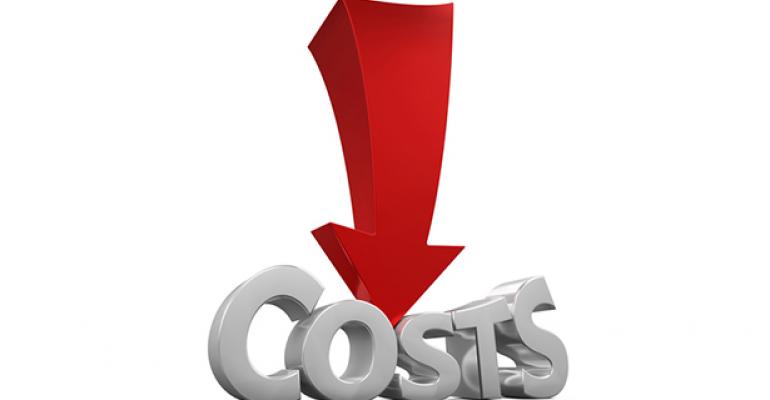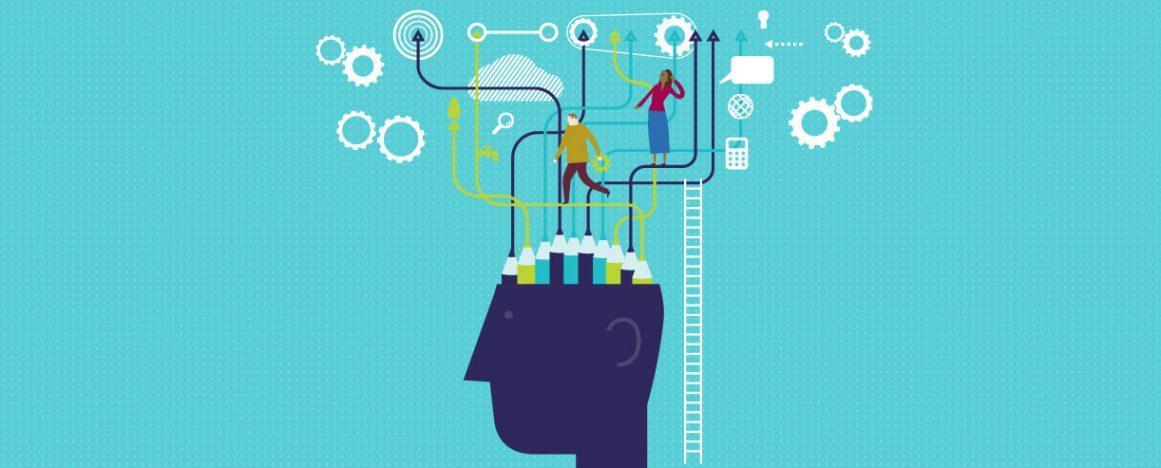Enterprise resource planning (ERP) is a category of software that provides integrated management of a number of core business processes for an organization. The processes includes functions such as accounting/finance, sales management, inventory management, human resources functionality, purchasing, and so on. The full list of functions will vary depending on the industry the ERP software is meant to serve. For example, a process manufacturing ERP solution will include functionality that wouldn’t be found in an ERP solution for retailers, and vice versa.
An ERP solution provides clear business benefits, including streamlining business processes by using a unified system based on a centralized database, facilitating business data analysis and data-supported decision making, and remaining up to date by enabling the use of new technologies (examples include the internet of things (IoT), artificial intelligence (AI) etc.). Other benefits can include less redundancy, improved customer service, cost savings through increased automation, and easier regulatory compliance.
There is no denying using an ERP solution is advantageous. However, there are also some pitfalls to avoid. Following are a few possible problems that, while obvious when presented, may still be overlooked during the software selection process.

Poor Planning
Once you have decided that a new ERP system is necessary for your organization, you should then take the time to conduct a careful selection process before deciding on a particular ERP solution for your business. The first step in your planning process is to thoroughly analyze your business practices and pinpoint your list of requirements. Meet with both the employees who will be using the new system as well as the heads of the departments. Using a request for proposal (RFP) document is a good tool for this initial stage and will help ensure that everyone involved is on the same page.
Finalize an estimated budget range for the total expenditure. If the ERP will be replacing an existing system, decide on whether or not you will retain any legacy software applications. This process can have a far-reaching impact across the entire business, and you may want to write a change management plan to track and quantify the expected changes that will be taking place. A good change management plan can help all your employees make the transition more easily and not just the ones directly involved in the planning.
Working with the Wrong Team
Choosing the correct ERP system depends on the information you gather during the software evaluation and selection process. Working with the wrong type of selection team will garner you the wrong type of information. Your planning team should be composed of the stakeholders involved, ideally the heads of each department that will be using the new system and the “super users” from those departments. A representative from the IT or another technical department should also be a part of the team to ensure that the proposed ideas are possible and practical.

Insufficiently Vetting Vendors
Once the selection team has narrowed down the list of possible ERP solutions to a short list of 2 – 4 solutions all of which appear to be a good fit for your business requirements, it is imperative that you choose a trustworthy and dependable vendor. When it comes to directly comparing the ERP solutions on your short list, you’ll want to have the vendor of each ERP system present you with a complete demonstration of the system. Rather than accepting a prepared or stock demo, insist that each vendor follow a script or outline your selection team has supplied, which will be the same for each vendor. Think of it like a job interview, where the same list of questions is posed to each candidate so that their answers can be compared.
Be sure to ask for references from customers the vendors have personally served and who are currently using a recent version of the vendor’s ERP system. The references should be from clients in the same industry as yours and otherwise as similar to your own organization as possible (i.e., similar size, dealing with similar issues such as having moved to an ERP for the first time, etc.). By speaking with references from similar organizations, you will get a more relevant review of the product’s performance day to day in the real world. Prior to speaking to these references, prepare a list of specific questions on the product features, how well their implementation went, how helpful they find the vendor to be, what they’re happy about and what they wish they could re-do, and so forth. During the conversation, you’ll also want to ask for any useful tips for using the system.

Not Considering the Feasibility and Cost of Maintenance
One of the considerations when choosing an ERP system is where it will be physically hosted. An ERP system can be hosted either on premise or on the cloud. On-premise hosting involves using computers and servers situated at your place of business. Using a cloud-based host takes place solely on the vendor’s or a third party’s servers and computers and is accessed through a web browser.
Factors that can affect the choice of either of these two types of hosting are the cost and maintenance. An on-premise system will typically have a one-time capital cost from the actual system and its licensing and continuing costs for updates and support. These types of systems will require you to maintain the servers and software yourself and maintain IT support on your side to handle any problems that may arise. With cloud hosting, you will pay a subscription fee for only the actual services that you use, and you will not have to provide any maintenance for updates or changes in use.
Insufficient Planning for the Implementation Phase
Once a particular vendor’s solution is chosen for purchase, it is time to begin thinking about the implementation of this new ERP system. Whether you are installing a new system that will be replacing most of your existing applications and systems or migrating from an older ERP system to a new one, you will want to proceed cautiously.

An implementation that is conducted in phases is a practical way to break up the process in order to keep crucial areas running if one area has a problem. Secure a high level of support from your implementation partner and appoint a member of your staff to serve as in-house implementation manager to provide oversight and monitor the progress of implementation to make sure the implementation specialists hit their marks and the project remains on track. Above all, be prepared for the process taking one and a half times longer than you think it will.
Whether you are moving up to an ERP system for the first time, or are migrating from an existing ERP solution to a new one, make sure to select the system that best serves your business needs. Invest the appropriate amount of time and money to make sure you select the best-fitting solution and that your implementation of this system is as smooth and trouble-free as possible. By careful planning and meticulous execution, implementing your new ERP system can be successful and help move your business model into an exciting new standard of excellence. Once you experience how smooth and efficiently your departments operates with an ERP system, you will be convinced you have made the correct choice.
